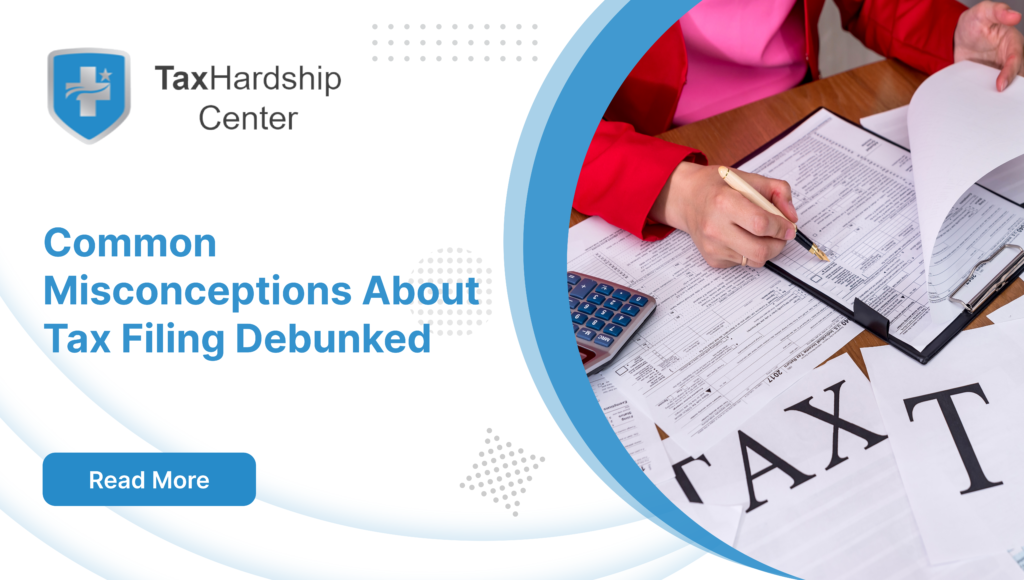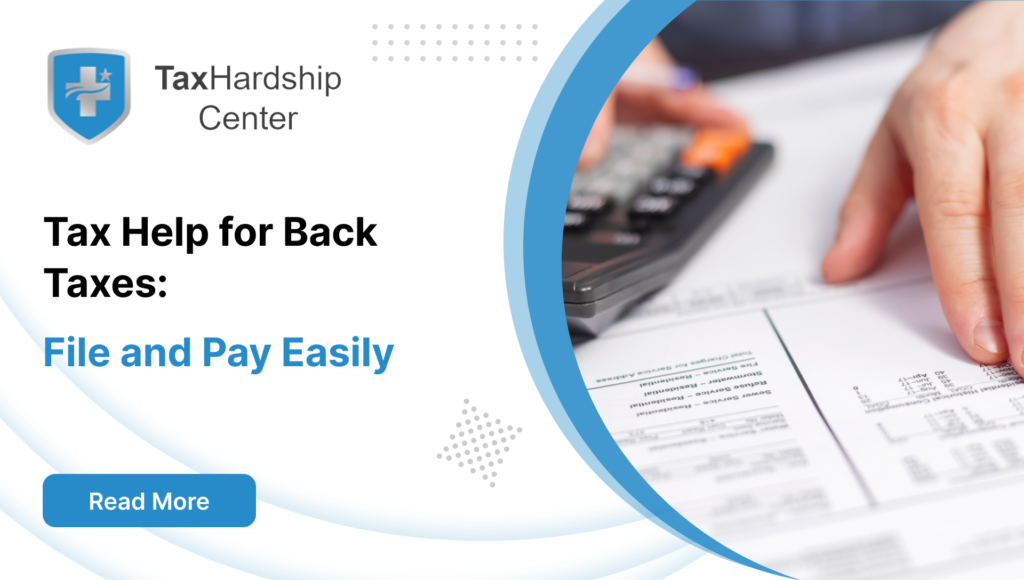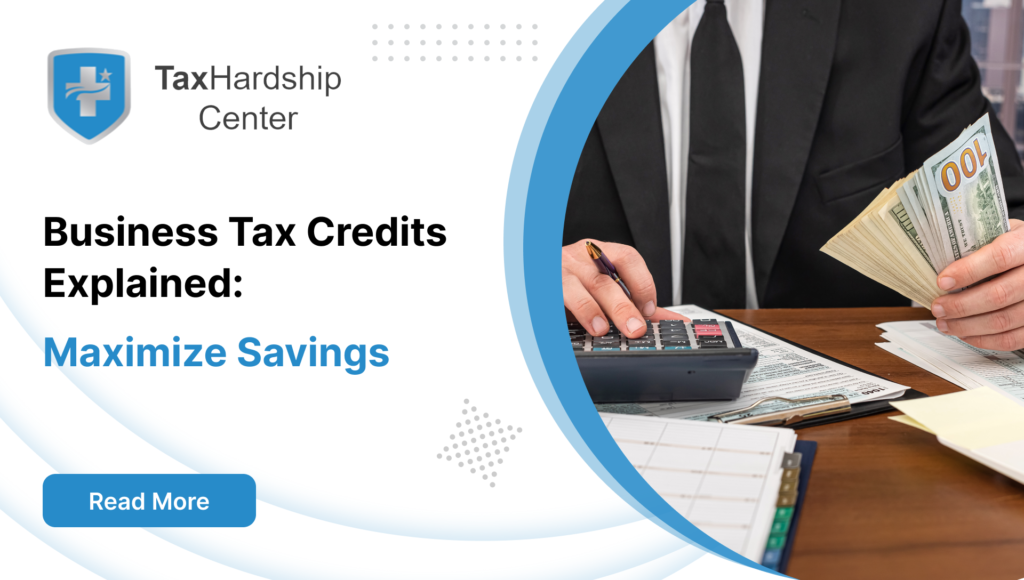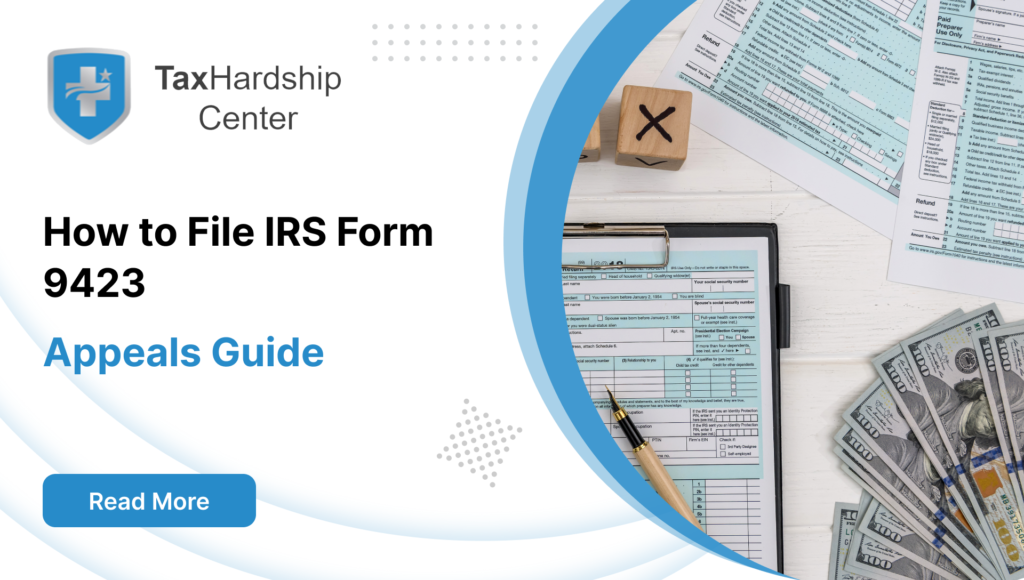To avoid tax troubles, we’ve compiled a list of 10 common tax myths and tips on how to protect yourself.
Myth #1: Filing taxes is voluntary
It is a common misconception among some individuals that the U.S. tax system is voluntary because the Form 1040 instruction book describes it as such. However, this is a misinterpretation of the term “voluntary” in this context. The term refers to an individual’s responsibility to determine the correct amount of tax they owe, and it does not imply that filing taxes is an optional activity.
Individuals must file their taxes unless they have a legitimate dispute. Attempting to evade taxes or contest the payment of taxes without a valid reason could lead to serious legal consequences and is strongly discouraged. Everyone must promptly and accurately fulfill their tax obligations to avoid legal or financial issues.
Myth #2: You can claim pets as dependents
Many pet owners love their pets and may consider them family members. However, it is essential to remember that pets cannot be claimed as dependents on tax returns. Even though pets may receive more than half of their financial support from their owners, they are not considered humans, which makes them ineligible as dependents. It is crucial to avoid falsely claiming a dependent, as it is considered fraud and can lead to severe consequences.
Myth #3: No U.S. law requires you to pay income tax.
We are frequently requested to provide evidence of the legal basis for paying income taxes. When we mention the 16th Amendment, which authorizes Congress to impose an income tax, people often question its proper ratification.
Taxpayers need to ask questions and be aware of their rights. However, it’s a fact that the 16th Amendment was ratified and included in the U.S. Constitution back in February 1913. Furthermore, the U.S. Internal Revenue Code (I.R.C.) sets out the following regulations:
- Imposes a tax on the taxable income of every individual (26 U.S.C. § 1)
- Defines taxable income as gross income minus allowed deductions (26 U.S.C. § 63)
- Defines gross income as “all income from whatever source derived” (26 U.S.C. § 61)
- Requires the filing of returns by every individual with gross income for the year, with few exceptions (26 U.S.C. § 6012)
Over the years, numerous court cases, representing just about every argument, have upheld the federal government’s power to collect income taxes.
At the Tax Hardship Center, we understand that income taxation can be complex and unfair and cause financial strain on the economy. However, claiming taxes don’t exist is not the best way to solve your tax issues.
Myth #4: Illegal activity is not taxable
Breaking one law does not absolve you from breaking other laws. Any income earned through illegal activities is still considered taxable income. From the tax compliance perspective, it doesn’t matter whether you’re involved in drug dealing, bank robbery, or investment fraud. T
The government is entitled to its share of the money you make, regardless of how you acquired it. It’s important to remember that even if you’re successful at concealing your illegal activities, failing to pay your taxes can have serious consequences. Just ask Al Capone.
Myth #5: Home office deductions are audit triggers
In the past, it was true that claiming a home office as a deduction was a risky move. However, it has become common for more people to have home offices. While claiming a home office deduction may attract additional scrutiny, it is still a legitimate deduction you should not be afraid to claim.
Myth #6: Gifts and Money Sent From Friends and Family on Venmo Is Taxable
Gifts are not considered income, irrespective of the payment method or the amount. However, a new rule mandates reporting payments above $600 for products/services on a 1099-K while using services like Venmo. It’s important to note that gifts are not to be reported on the 1099-K form. Gifts are not taxable even if you receive a tax form by mistake.
Myth #7: Cryptocurrency Doesn’t Count Toward Capital Gains
The Internal Revenue Code has been updated recently to include virtual currency. Failure to report and pay taxes on cryptocurrency is more likely to result in penalties for underpayment and accuracy, which can quickly add up. Many trading platforms now provide tax documentation to make it easier for users to accurately report capital gains from crypto transactions. However, knowing how to access your data and export crypto transaction history is essential if your trading platform does not offer tax documentation.
Myth #8: Filing a Paper Return Is the Most Secure Way to File Your Taxes
The I.R.S. encourages taxpayers to file their tax returns online because digital filing is more secure and faster than paper filing. Tax scammers may intercept paper returns and steal personal information, while paper returns may also get lost by the IRS.
On the other hand, if you file your accurate tax return electronically, you can expect to receive your refund within 21 days of filing. In contrast, processing a paper return could take six months or longer, as the I.R.S. cautioned during the last tax season.
Myth #9: Filing an Extension Means I Have a Longer Time To Pay My Taxes
Even if you owe money to the I.R.S., it must still be paid by Tax Day to avoid interest and penalties.
If you don’t pay the taxes you owe on time, the I.R.S. will charge you a 0.5% penalty each month (up to a maximum of 25%) from the due date of your return until you pay the taxes owed.
Myth #10: Your Tax Preparer Is Responsible for Any Mistakes on Your Return
While a professional tax preparer is likely much better informed on the tax code and its ever-evolving nature, they are still constrained by the information they receive from the taxpayer. You’re still ultimately responsible for any mistakes. Instead of simply assuming your tax preparer has everything taken care of, it’s always best to take a few minutes and double-check your return before it’s filed. In many cases, your accountant will help you through the process if you’re audited, but the bottom line is that you’re the one the I.R.S. is interested in.
Need help with last-minute tax filings?
The Tax Hardship Center is your beacon of hope, offering expert, hassle-free assistance to navigate the stormy seas of tax season easily. With our 14-day money-back guarantee and a complimentary consultation, you have nothing to lose and peace of mind to gain. No matter where you are in the U.S., our nationwide coverage ensures you’re just a call away from tax relief. Don’t let tax stress take over—let us guide you to a safe harbor with our trusted, professional tax services today!








